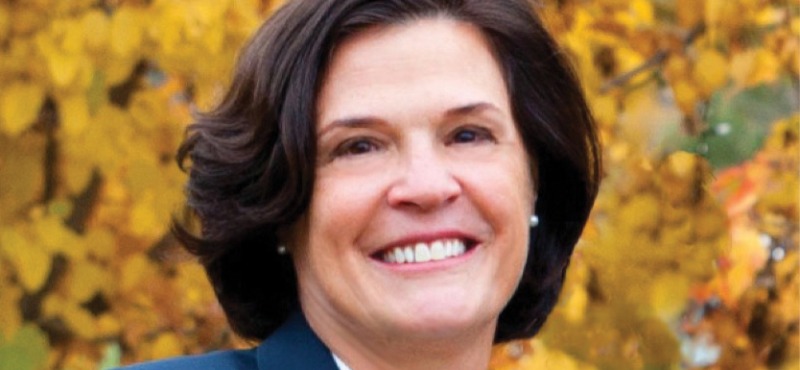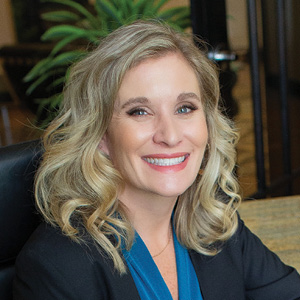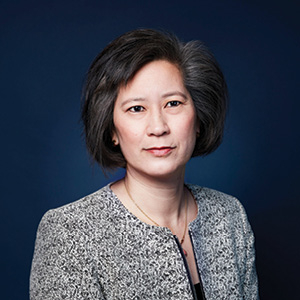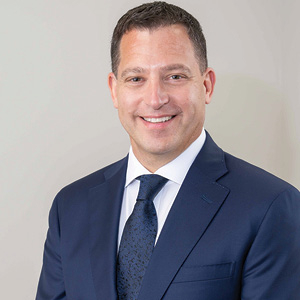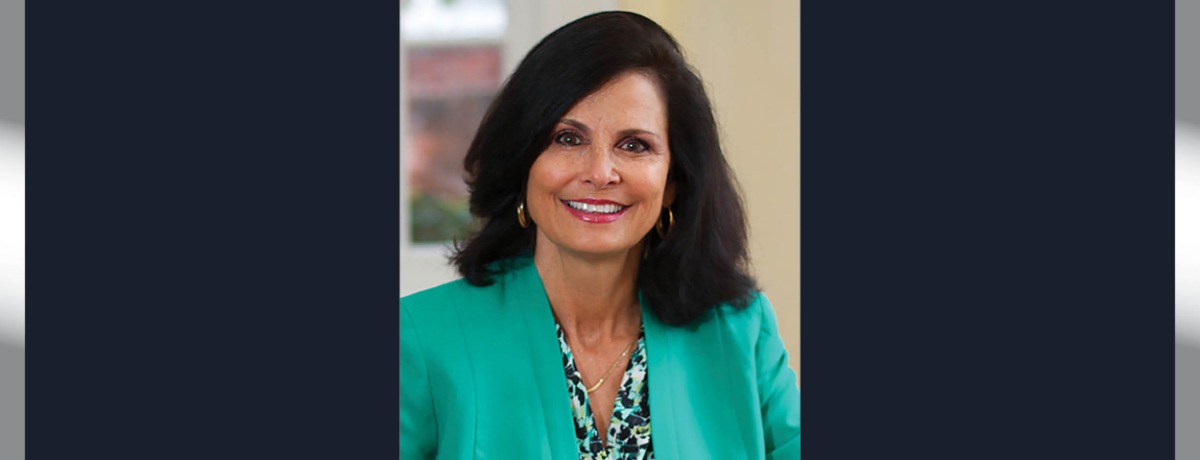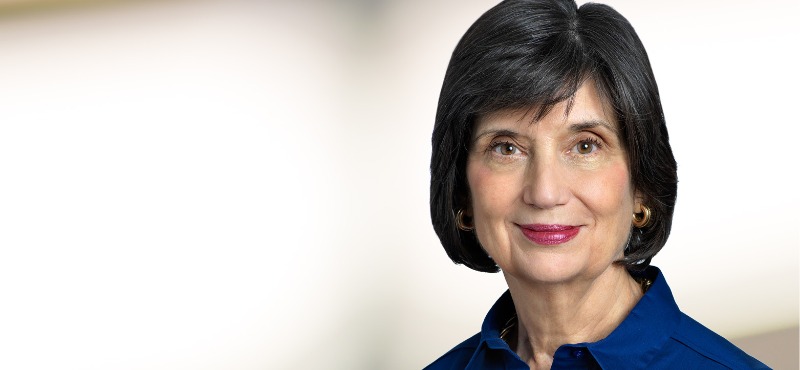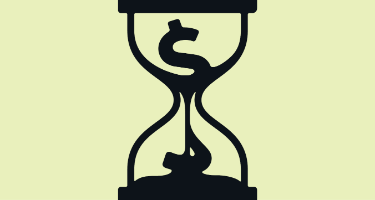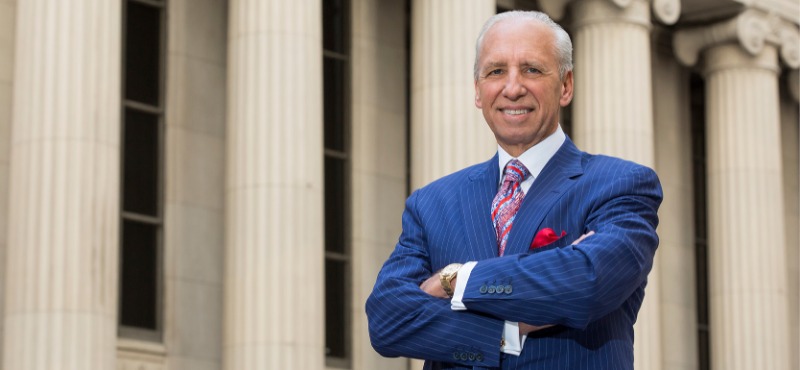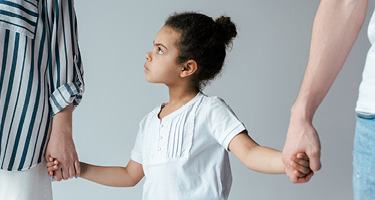After three decades in the field, and three “Lawyer of the Year” award wins, Lesleigh Wiggs Monahan knows what it takes to succeed in family law. Practicing out of Denver, Monahan has previously served as the chair of the Colorado Bar Association’s family law section; was elected president of the American Academy of Matrimonial Lawyers Colorado Chapter; and held the prestigious role of serving on the Supreme Court Standing Committee on Family Issues.
For all her qualifications, Monahan believes that what makes a good family lawyer ultimately comes down to temperament and a sense of larger purpose.
“My recommendation for succeeding in this area of practice is that you have to recognize that it isn’t about you,” Monahan says. “I think that’s really important. It’s about your client and honoring and improving the legal system. I strive to treat opposing counsel, and their clients, and the courts with the utmost courtesy—I think it’s easy to let your emotions or your fatigue or stress interfere with your ability to rise above the conflict. You can be effective, you can be strong, and you can get results that are the goals of your client without setting aside common decency.”
Along with a wealth of career experience, Monahan’s 30-plus years in the courtroom has allowed her to look critically at the changing nature of family law. Turnover on the bench and a subsequent lack of institutional memory among newer judges can make cases more difficult, particularly when the stakes are as life-altering as divorce. Furthermore, a competitive mentality and focus on winning are often the big motivators for junior attorneys, but the experienced family lawyer respects and understands the bigger picture.
“There’s a philosophy or culture of aggressiveness, and it’s really important for a good family lawyer to break through that and talk about finding common ground and resolving issues because a judicial officer if the case goes to trial, is not going to pick a winner and a loser,” Monahan says. “It’s about what’s equitable and fair. I think that’s the part that I find the most difficult as I move into my third decade.”
Family law, like any legal practice, has its challenges. But it also has its share of rewards. For Monahan, that reward is in getting to build meaningful relationships with her clients and making a material difference in their lives. “Without a doubt, it’s connecting with a human being. It’s helping someone to move through this process at a difficult time in their life. And when you finalize divorce successfully—and in my mind, that means settling the case through negotiation—they know that they can move on to their next phase. They’re better for it; they’re not worse. If you can relieve that anxiety with people, I think that’s the best thing you could possibly do.”
